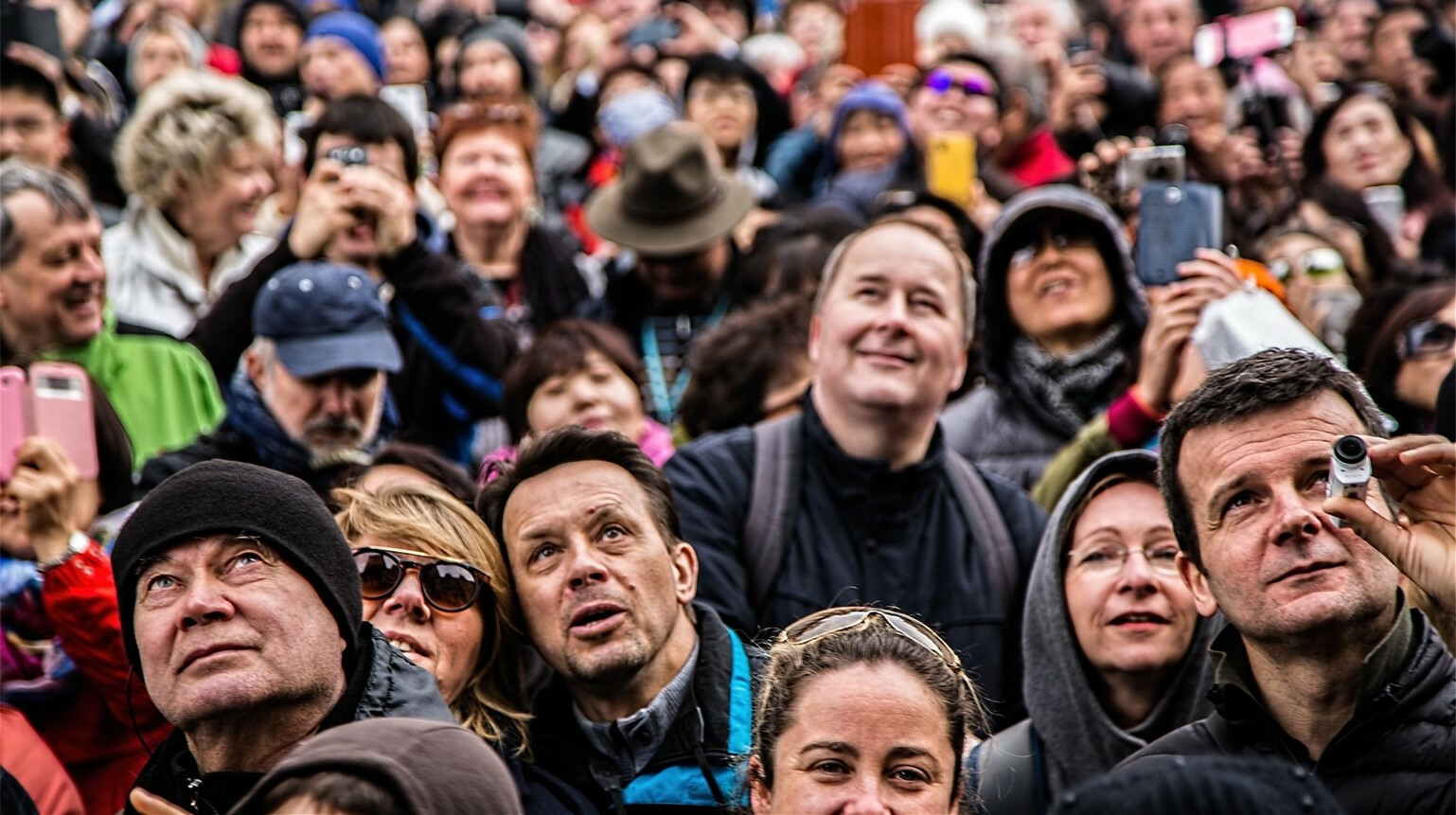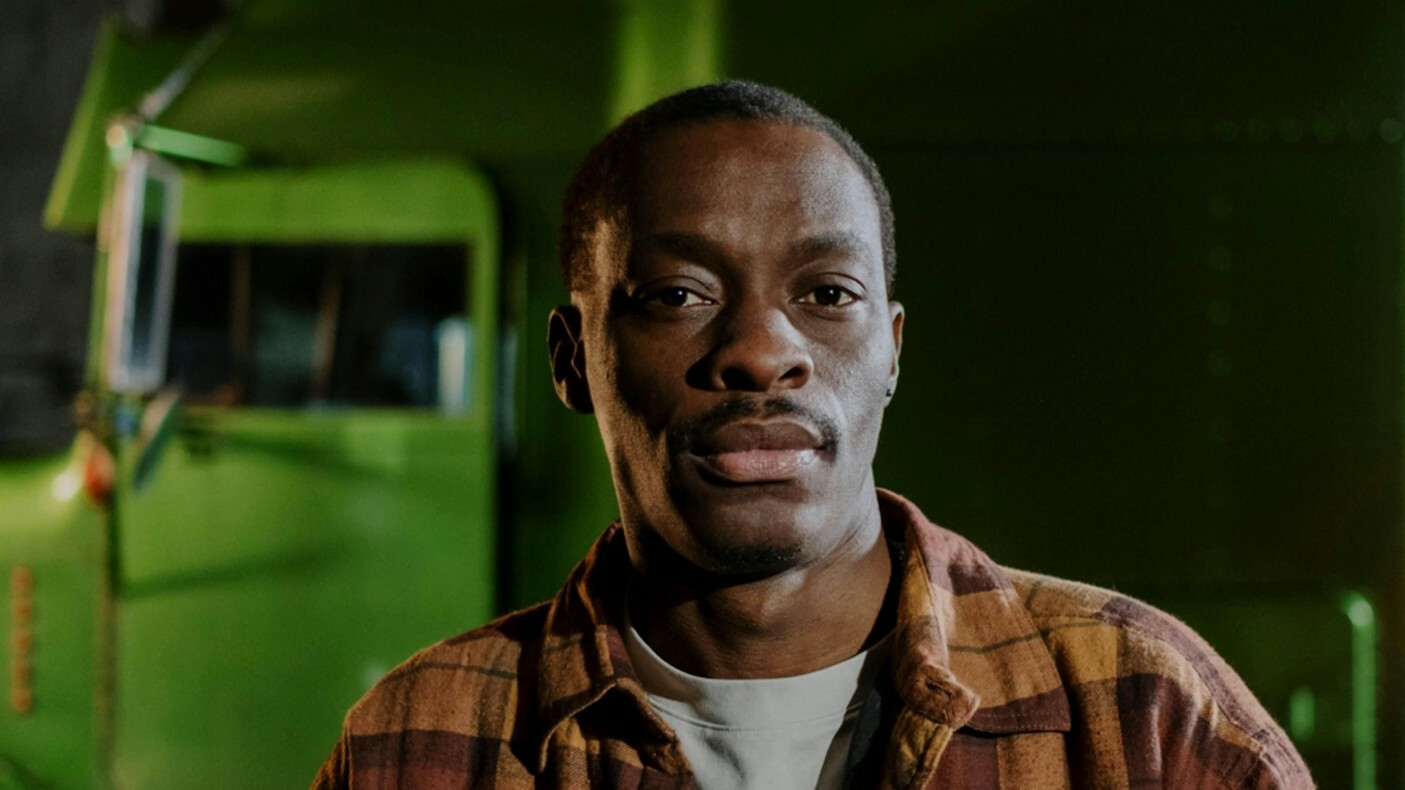Hebrews 12:1: Heroes

Hebrews 12:1
A friend sent me this email few days ago: “I’ve been reading through Genesis again. Can you believe, after all this time and all this study, that I’m still looking for a hero?! It doesn’t even make sense to me, yet it kind of does. The more I get to know these flawed characters of the Bible, the more I wrestle. I realize that’s all good, but it’s not a fun process. Google summarized Genesis (particularly Jacob) for me and it helped me. This is what Google said: ‘It is as if God is reminding us that there are no perfect people, no perfect marriages, no perfect families, no perfect churches. Jacob was a liar, runner, cheater, and pretender…but God used him to send Jesus into the world.’ I keep looking for these characters in the Bible that are people I want to emulate. And I keep running into Jacobs. I kind of think that’s the point, don’t you? May I ask you something personal? It appears as if you struggle with nothing. May I ask you what you struggle with? Because I’m trying to emulate you also. I know, I’m only supposed to emulate God. But I keep looking for human people that live on this earth with me, to help me and remind me and give me good examples to emulate. Thank you for being my friend, supporter, and teacher. Slowly, very slowly, becoming more as God wants me to be.”
I chewed on that for a few days. The web offers various definitions of hero, but across the board, heroism is recognized to rest on these foundational characteristics: courage, self-sacrifice, moral excellence, and humility. Some perspectives on Quora were interesting: “Quite often [heroes are] terrified, but…they do what needs doing because they were in a position to do it.” “Integrity. A true hero does the right thing, even in the face of personal risk and danger, because it is the right thing to do. Heroism doesn’t always require physical courage, but it does always require…moral courage.” “The modern, present-day hero is largely defined by two traits. The first trait is selflessness. The second trait is humility. A modern hero, ironically, would never call himself or think of himself as a hero. No matter how many lives they might have saved, finding out they’re a massive egotist would turn you off from them very quickly. We’d find it distasteful.” “Humility is part of their appeal: ‘I was just doing what any normal person would have done in such circumstances.’” “Heroism is subjective. For any one moment, of any given day, anyone can become a hero to someone else, if they have what the moment needs. It doesn’t matter who you are or what you do, you have the potential to be somebody else’s hero.”
Those dubbed heroes do something perceived as extraordinary from a motive of extreme concern for others, despite personal risk. Some may even live a general lifestyle of heroism—a life undergirded with regular demonstrations of self-sacrificial courage, moral excellence, and humility. But heroes aren’t perfect people. They are flawed. They can disappoint. When we become disillusioned in our search for a perfect hero, is it perhaps because our expectations are misplaced? Could it be that at the very heart of things, when we search for a hero, we are trying to fit a person into a position only God Himself can fulfill? Sometimes when I express appreciation or admiration to my husband, he’ll respond with, “Don’t put me up so high or I might fall off.” Perhaps we need to put our heroes into Scriptural perspective.
The individuals listed in Hebrews chapter 11 are sometimes referred to as heroes—those Noahs and Abrahams and Moseses and Joshuas and Davids who did incredible things by faith. And yet when we study out their lives, we find that they were no different than we are. Their days were marked by failures, too. Their moral character wasn’t always up to par. They were not perfect people by any stretch of the imagination. Our sin struggles today were their sin struggles back then, being “common to mankind” (1 Corinthians 10:13; Romans 3:23; Ecclesiastes 7:20). As God lays out their lives in full color for us—warts and all—perhaps His goal is to give us great personal reassurance and hope. These were everyday people who simply revered God, trusted His promises, and acted on their faith. God worked mightily through them despite their humanness. He chose to use imperfect vessels to carry out His purposes in marvelous ways. He still does.
Heroes, though? No, God doesn’t call those faith hall-of-famers heroes. Rather, He calls them a “great cloud of witnesses” (Hebrews 12:1). …witnesses to His breathtaking character and power and faithfulness and love and grace. …witnesses that surround and encompass us like a teeming multitude, motivating us by example to “also lay aside every encumbrance and the sin which so easily entangles us and…run with endurance the race that is set before us.” We, too, become a part of that great cloud of witnesses as we “fix our eyes on Jesus, the author and perfecter of faith” and let Him have His way with us day-by-day (Hebrews 12:2; Romans 12:1-2; Philippians 2:12-16).
Even people who don’t have God’s Spirit residing in their hearts do heroic things. It may not be the default instinct of the flesh, but all mankind is made in the image of God with a capacity to love self-sacrificially (Genesis 1:27). Could it be that we grab onto heroes because their altruistic acts somehow reflect glimpses of the Creator, even if unwittingly (Romans 1:18-20; Romans 2:14-15)? How much more, then, as God’s children should our lives reveal His character and works to the world (Romans 8:29)? “We have this treasure in jars of clay to show that this all-surpassing power is from God and not from us” (2 Corinthians 4:7). People may become disheartened when their heroes don’t measure up, but I believe my friend is spot-on in surmising that man’s shortcomings are “the whole point.” Humanity’s failures ought to drive us to God. God doesn’t give us perfect heroes lest we be tempted to worship them instead of Him. But He does gift us with people to emulate in every generation—people who show us what it means to walk by faith through the power of the Spirit (Philippians 3:3-17; 1 Corinthians 11:1). God intends for His people, as His cloud of witnesses, to testify to how great He is in the midst of our frailties (2 Corinthians 4:7). We can’t be God to anyone else. But we can be among those manifesting our Father’s selfless love and extolling His unmatched greatness to the world (Philippians 2:3-4; Romans 12:9-21; 1 Chronicles 29:10-13; Revelation 5).
God is the supreme Hero of heaven and earth, our Deliverer, the One who loves us so sacrificially that He emptied Himself and gave Himself up for us so that He could bless us forever with all the riches of His grace (Philippians 2:5-11; Ephesians 2:4-10). Humanity’s heroes are mere shadows of the real deal. It is God whom mankind seeks, whether they acknowledge it or not. And it is a cloud of witnesses from every tribe, tongue, people, and nation—including you and me—that He raises up to point mankind to Himself.
Psalm 145!





Login To Leave Comment